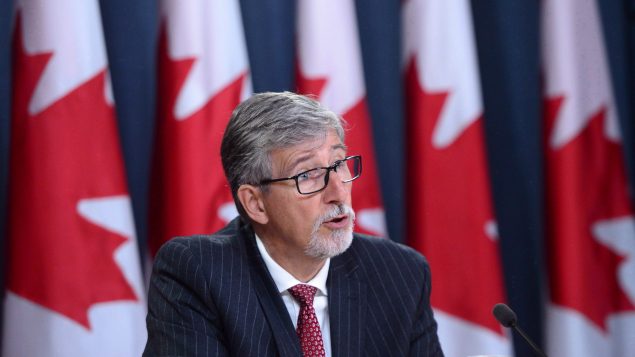As Canada approaches a general election in October, people are starting to receive political information and solicitation for donations on their mobile phones, emails, and social media accounts.
Most are wondering how a political party obtained their account information.
It may come as a surprise to most, but in Canada the political parties are not subject to either the Privacy Act or the Personal Information Protection and Electronic Documents Act.
In a statement on the elections Canada website, Privacy Commissioner Daniel Therrien said, “We know that political parties collect vast amounts of data about voters. Canadians expect and deserve to have their privacy rights respected as they exercise their democratic rights.”
Political parties are known to mine social media sites for political leanings of voters and collate that with elections Canada voter lists and add it to vast amounts of other information they gather to determine a voter’s age, ethnicity, phone number, email address, home address, sex, income range, marital status, profession, workplace, poltical leaning, and more.
Therrien also said, “”Information about our political views is extremely sensitive and worthy of strong privacy protections,”
Most of the time, such solicitations are viewed with some annoyance, but in a case in 2011, such information was used by a rogue political staffer to make robocalls to a party’s unsympathetic voters and send them to the wrong polling stations, the idea being to reduce the vote against their party.
An “Elections Modernisation Act” came into force last month that seeks to put some regulation on political information gathering and its use.
This now requires federal political parties to publish a privacy policy on their website which must explain how they will protect personal information.
Critics say however the new regulation is vague in that there is not a standard established against which to measure a party’s policy, and there’s no real independent oversight.
Quoted in the Chronicle Herald news, a spokeswoman for the federal Democratic Institutions department said however that the act is the first time political parties have been included in any privacy legislation and added, ““We will continue to work with Parliament to strengthen the protection of Canadians’ privacy and the integrity of our democratic institutions”.
Additional information-sources







For reasons beyond our control, and for an undetermined period of time, our comment section is now closed. However, our social networks remain open to your contributions.